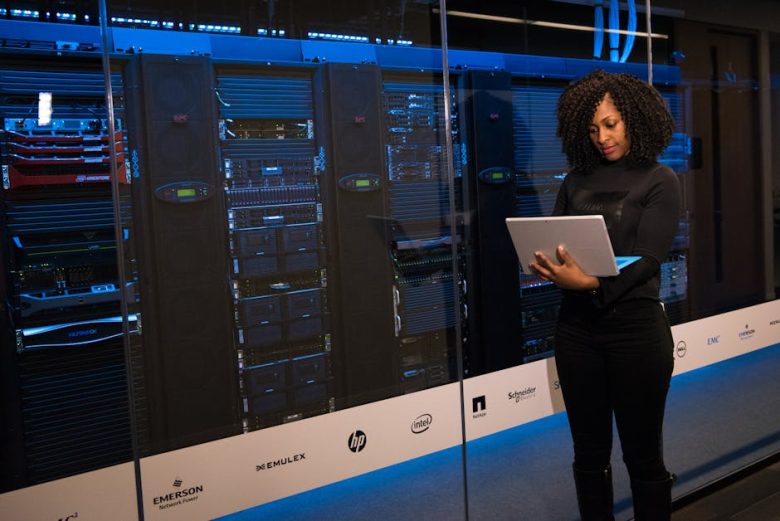As the world grapples with climate change and environmental degradation, the shift towards renewable energy sources has emerged as a vital strategy. Renewable energy not only provides a cleaner alternative to fossil fuels but also plays a crucial role in achieving sustainable development. By harnessing the power of natural resources like solar, wind, and hydro energy, we can pave the way for a more sustainable and equitable future.
This blog post will explore the relationship between renewable energy and sustainable development, highlighting how the transition to cleaner energy sources can drive economic growth, enhance energy security, and promote social equity. We will delve into the benefits of renewable energy and its potential to transform communities while addressing the pressing challenges posed by climate change.
One of the most significant advantages of renewable energy is its potential to create jobs and stimulate economic growth. The renewable energy sector has been one of the fastest-growing industries globally, with millions of jobs created in manufacturing, installation, and maintenance. This growth not only provides employment opportunities but also fosters innovation and investment in local economies. As communities invest in renewable energy projects, they can experience a boost in local businesses and infrastructure, leading to a more resilient economy.
Moreover, renewable energy contributes to energy security by reducing dependence on imported fossil fuels. Countries that invest in renewable sources can harness their domestic resources, decreasing vulnerability to geopolitical tensions and fluctuations in global oil prices. This energy independence is crucial for ensuring a stable and secure energy supply, which is a fundamental component of sustainable development. By diversifying energy sources and increasing the share of renewables in the energy mix, nations can enhance their energy resilience and support long-term sustainability goals.
In addition to economic benefits, renewable energy has the potential to address social equity issues by providing access to clean and affordable energy for underserved communities. Many regions around the world still lack reliable electricity, hindering their socio-economic development. By investing in renewable energy projects, especially decentralized systems like solar microgrids, we can empower communities and improve their quality of life. Access to clean energy can facilitate education, healthcare, and economic opportunities, ultimately contributing to a more equitable society.
Finally, the environmental benefits of renewable energy cannot be overlooked. Transitioning from fossil fuels to renewables significantly reduces greenhouse gas emissions, helping to mitigate climate change. This is essential for protecting ecosystems, biodiversity, and the health of our planet. By promoting renewable energy sources, we can protect natural resources and ensure a sustainable environment for future generations.
In conclusion, the impact of renewable energy on sustainable development is profound and multifaceted. By fostering economic growth, enhancing energy security, promoting social equity, and protecting the environment, renewable energy stands as a cornerstone of a sustainable future. As we continue to navigate the challenges of climate change, investing in renewable energy will not only provide solutions for today but also lay the groundwork for a more sustainable world for generations to come.
The transition to renewable energy is not just an environmental imperative; it is a pathway to a more sustainable and equitable future. By embracing renewable energy, we can create a world that values both people and the planet, ensuring that all communities thrive in harmony with their environment.



